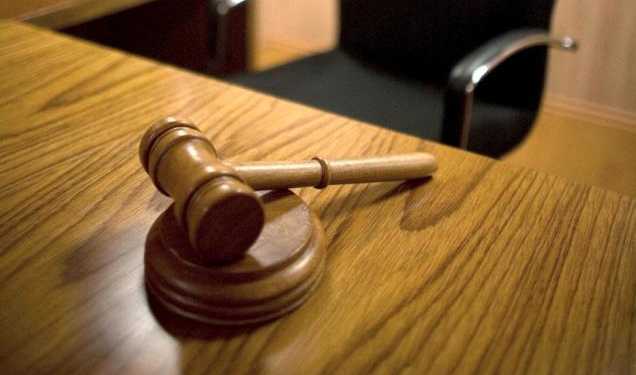It appears the recent increase in pollution in nation’s capital had irritated so much, Supreme Court started batting like Virender Sehwag in Pakistan.
First, the ruling on banning on diesel vehicles. While everyone was debating its contribution to reduction in pollution and sales of auto-mobiles, yesterday Supreme Court pulled up the UP Government and appointed Lokayukta, invoking constitutional powers. It is another matter, SC had selected the candidate favoured by the CM and rejected by CJI of HC.
However, the latest one had a larger ramifications – Supreme Court quashing the petition by temple priests of Tamilnadu. In 2006, a group of priests challenged the then state government’s act – that permitted ‘people can be appointed as a priest, irrespective of their caste – as long as they are well versed in the Hindu scriptures and rituals’.
Now this act has simply eliminated the monopoly of Brahmins in temples. Suddenly facing competition from unknown quarters the community, like any good business house took the legal route and filed a case that was finally settled by the Supreme Court.
And, let me assure, they argued scriptures in the Court. Now, unlike the other two cases mentioned above this case is a delicate one. While the judgements in the other two cases could be populist ones, judgement in the case of Adi Saiva Sivachariyargal Nalasangam (ASSN, for short) -vs- the Government of Tamilnadu deals with complex issues involving constitutional right of equality to all and the right to have independent affairs in religious places.
ASSN had argued that the rituals in the temples shall be done as prescribed in the Agama Sastras, in which the procedures were given in detail, but even who shall perform was also written. Here cometh the problem for the mighty court
They have invoked an old judgement of constitutional bench in which it was declared that appointment of ‘the Archaka’ shall be as per the Agamas governing the particular temple and any deviation would amount to infringement of the freedom of religion and rights of religious denomination to manage own affairs as guaranteed by the constitution. Beautiful logic.
And, it appears the court had done a good job. Probably the judge had to read and make himelf an expert on all Agamas that guide the temple rituals. While upholding the equality to all as defined in the constitution, court had noted the petitioner’s concern that the Agamas should not be violated.
See the phrasing – “So long as the prescription(s) under a particular Agama or Agamas is not against constitution, the GO that states “Any person who is a Hindu and possessingthe re1uisite 1ualification and training can be appointed as an Archaka in Hindu temples” has the potential of falling foul with earlier judgements.
The court had noted that each and every appointment could come under scrutiny and judicial intervention may be needed.
Now see the way the judgement was pronounced:
“Consequently and in the light of the aforesaid discussion, we dispose of all the writ petitions in terms of our findings, observations and directions above reiterating that as held in Seshammal (supra) appointments of Archakas will have to be made in accordance with the Agamas, subject to their due identification as well as their confirmity with the Constitutional mandates and principles as discussed above.”
Now, as the court stated, every appointment made by the Government or the trustee of any temple would be questioned, if the candidate was not the one in line of succession. However, the onus of implementation would be heavily depend on the wisdom of those who would be manning lower courts. If they stay the appointment, the spirit behind the Government’s Order vapourises. If they continue with the appointment, pending settlement of the case, what happens if it is proven that the appointment was not in accordance with the Agamas. Will the court allow the purifications – as described in the Agamas? If the appointment is stayed and no temporary appointment was made, what happens to the deity standing in the temple? Will the God be left at the mercy of the nature, without any daily rituals?
The court has ceased of the issue of equality of rights, but leaving open the selection procedures to further scrutiny, the learned court in fact poked fun at the almighty, because in either case, it its the God who’ll be alone in the temple, wondering what type of creatures he created.
PC: The Hindu




























